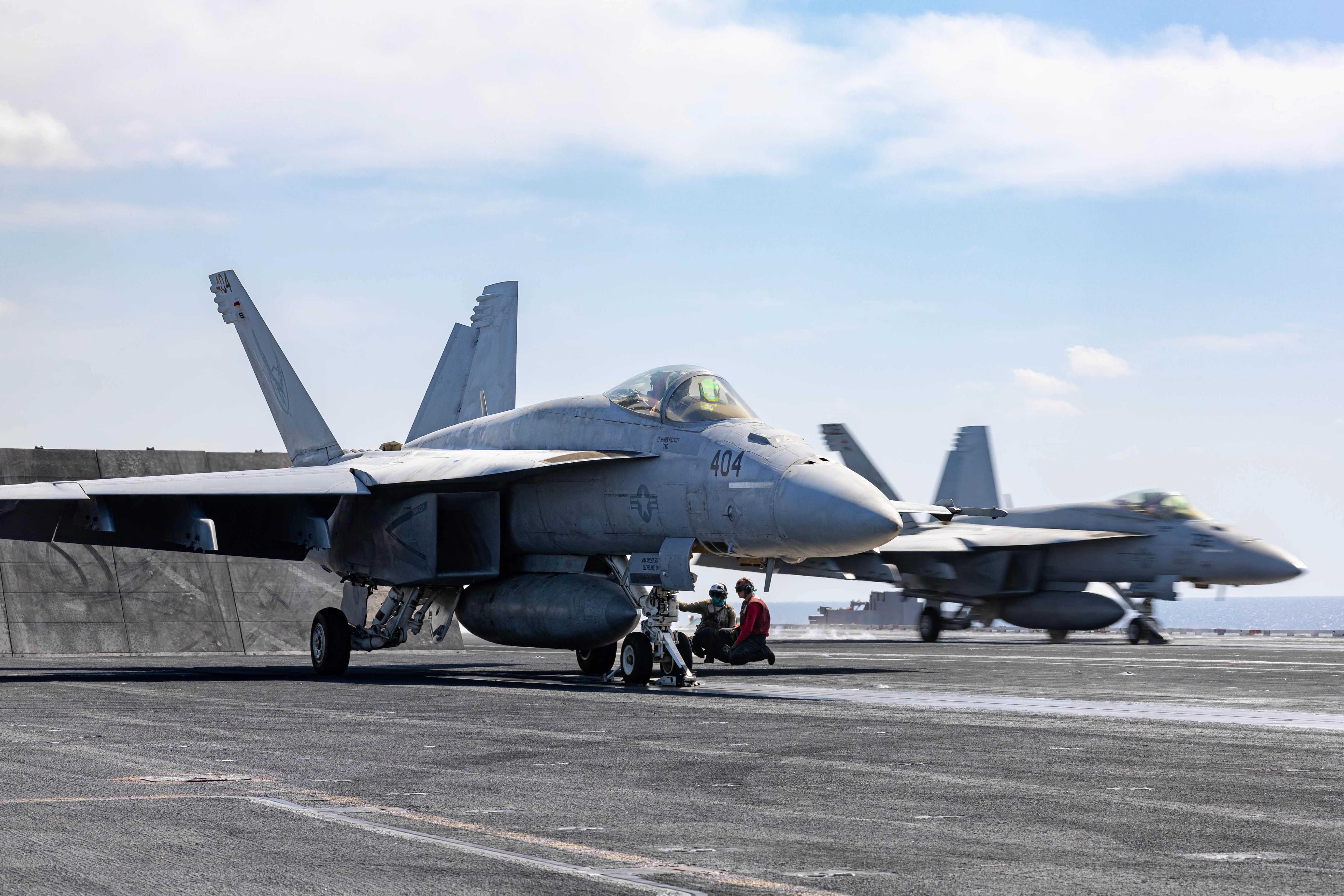The Government Accountability Office has denied a protest from firearms manufacturer Glock that sought to have the government reconsider its award of a 10-year, $580 million contract for the Army's new handgun to a competitor.
Glock filed the protest in February after the Army announced in January that it would award the Modular Handgun Contract to Sig Sauer for the company’s P320 to replace the M9 Beretta, the soldier’s sidearm for more than 30 years.
Monday was the deadline for the GAO’s decision.
Glock challenged the Army’s "interpretation of the solicitation regarding the minimum number of contract awards required by the" Request For Proposal, said Ralph White, managing associate general counsel for procurement law at GAO, in an emailed statement.
GAO denied the challenge, finding that the RFP allowed the Army to make only one award, although three were permitted under the proposal’s terms, he said.
Glock also alleged in its protest that the Army improperly evaluated its proposal. The GAO also denied that challenge, finding that "any errors did not prejudice Glock in the competition," according to White's statement.
Either Glock, Sig Sauer or the Army can request reconsideration from GAO. Each entity has 10 days after the basis for reconsideration, in this case the denial, is known to file the request, according to GAO regulations.
The original protest did not stop Sig Sauer and the Army from moving forward with the project, in part because Glock filed the protest after the official deadline, GAO officials said previously.
In April the Army announced that soldiers with the 101st Airborne Divisionwould be the first in the Army to field the new handgun later this year.
The company released the P320 in 2014. It is adaptable to fire 9 mm, .357 SIG and .40 S&W ammunition. The Army will use the 9 mm variant.
The P320 is a polymer striker-fired pistol that can be adjusted in frame size by the user and has interchangeable grip modules.
Todd South has written about crime, courts, government and the military for multiple publications since 2004 and was named a 2014 Pulitzer finalist for a co-written project on witness intimidation. Todd is a Marine veteran of the Iraq War.









